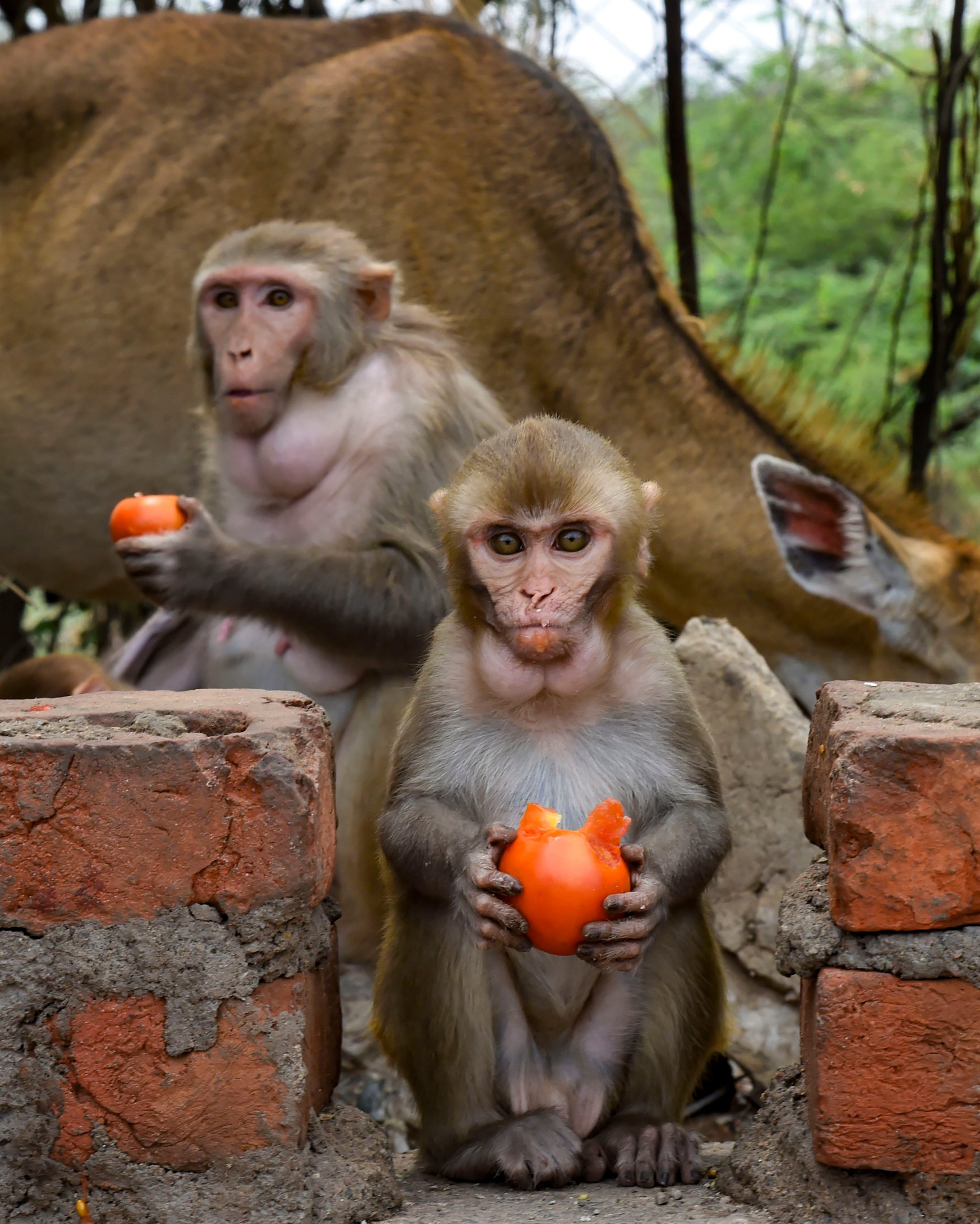Amid the ongoing coronavirus pandemic, China has now reported its first death by Monkey B virus infection. The person infected was a Beijing-based veterinary surgeon who dissected two dead monkeys in early March. The vet was taken to several hospitals but eventually died on May 27, China CDC Weekly revealed Saturday.
According to China CDC, the 53-year-old veterinarian started experiencing nausea and vomiting and a month later, fever and neurological symptoms followed.
Also Read: What is monkeypox? All you need to know
The infection was detected after researchers collected cerebrospinal fluid from the patient for next-generation sequencing. The reports of the analysis suggested possible alphaherpesvirus infection. They also collected several specimens including blister fluid, blood, nasal swab, throat swab, and plasma to further identify the etiological agent.
The samples were sent to the National Institute for Viral Disease Control and Prevention (IVDC) of China CDC. The IVDC conducted four sets of RT-PCR to detect BV, varicella-zoster virus (VZV), monkeypox virus and orthopoxvirus. The sample, however, was tested positive only for BV.
Here’s all you need to know about the Monkey B virus.
What is Monkey BV?
According to the Centers for Disease Control and Prevention (CDC), Monkey BV is an alphaherpesvirus enzootic found in macaques. This virus infection is extremely rare and happens if they are bitten or scratched by an infected macaque monkey, or have contact with the monkey’s eyes, nose, or mouth.
Symptoms
CDC says the Monkey B virus infection is a serious disease and hence must be given immediate attention to avoid patient’s death. Here are the symptoms.
The first indications of B virus infection are typically flu-like symptoms:
Fever and chills
Headache
Muscle ache
Fatigue
Apart from these usual symptoms, an attacked person may develop small blisters in the wound or area on your body that had contact with the monkey.
Symptoms typically start within one month of being exposed to a monkey with B virus infection.
Prevention
There is yet no vaccine to prevent or make an individual immune to this infection. The best way to prevent yourself is to avoid contact with monkeys. You should not touch or feed monkeys.







